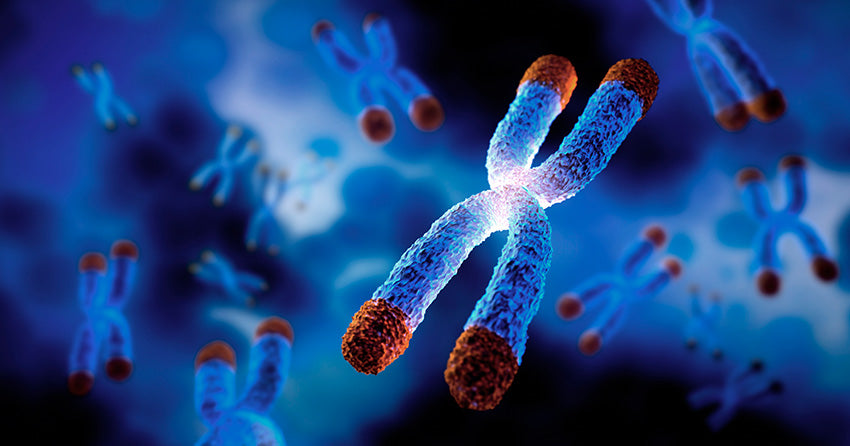Cycloastragenol: A Novel Micronutrient To Support Telomerase Activity And Healthy Aging

Cycloastragenol is a triterpene saponin constituent of astragalus, a botanical used for centuries in traditional Chinese medicine. Astragalus (Astragalus membranaceus) is a well-known adaptogen and supporter of almost all body systems. Emerging research indicates that cycloastragenol may particularly support telomerase activity and other dimensions of healthy aging
On a biochemical level, cycloastragenol may help support healthy aging by activating telomerase. Telomerase is an enzyme that plays a role in optimal cellular integrity, yet its activity may decline with age. It works by synthesizing specific DNA sequences at the terminal ends of all chromosomes to protect them from being recognized as damaged or broken.
The downregulation of telomerase, alongside telomere shortening are thought to be key drivers in cellular senescence and apoptosis. Dysfunctions in telomerase activity have been associated with certain parameters related to suboptimal function and age-related health changes.
Laboratory studies have observed telomere lengthening in a telomerase-dependent manner in the presence of cycloastragenol. In addition to telomerase activation, one laboratory study also observed protection against high glucose-induced cellular senescence in certain cell lines in the presence of cycloastragenol and astragaloside IV, another constituent of astragalus.
Additionally, animal studies have reported improvements in the elimination of senescent cells and biomarkers related to antioxidative status and neurological health in the presence of cycloastragenol. One animal study observed changes in the activity of mitogen-activated protein (MAP) kinases and modulated the expression of Nrf2 and brain-derived neurotrophic factor (BDNF) in the presence of cycloastragenol. The authors postulate this may suggest cycloastragenol’s potential role in supporting healthy cellular function.
In the clinical setting, several small pilot studies have evaluated cycloastragenol’s potential to support telomerase activity. A 12-month double-blind, placebo-controlled interventional study explored its effect on telomerase activity and macular integrity; telomerase activity has been linked to certain aspects of macular health. At the study terminus, statistically significant improvements in macular function were reported in the treatment group when compared to placebo. However, more research is needed, particularly in larger studies with repeatable placebo-controlled study designs, before conclusions can be made.
While much more research is needed, particularly in the clinical setting, cycloastragenol shows promise as a potential agent to support telomere integrity and healthy aging.





